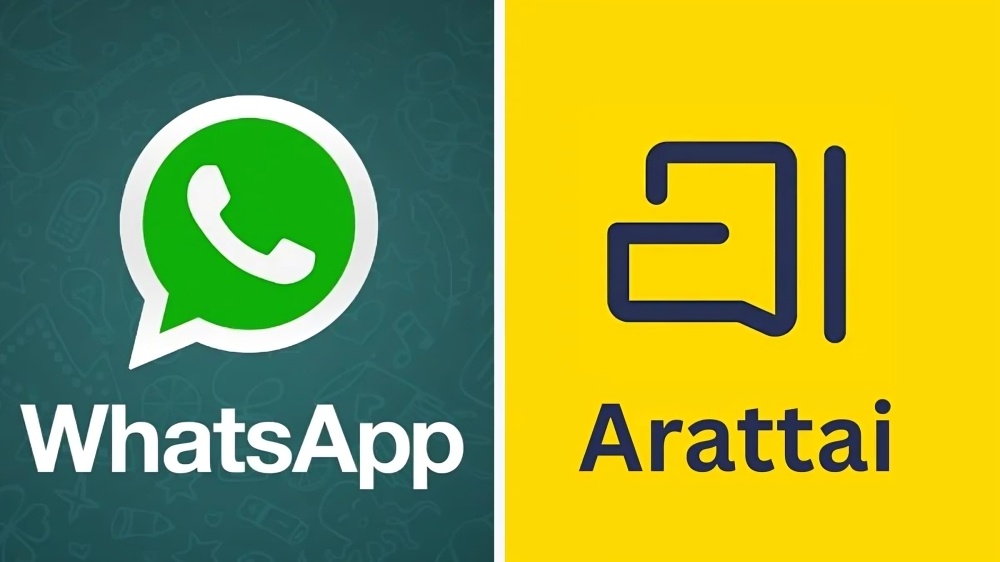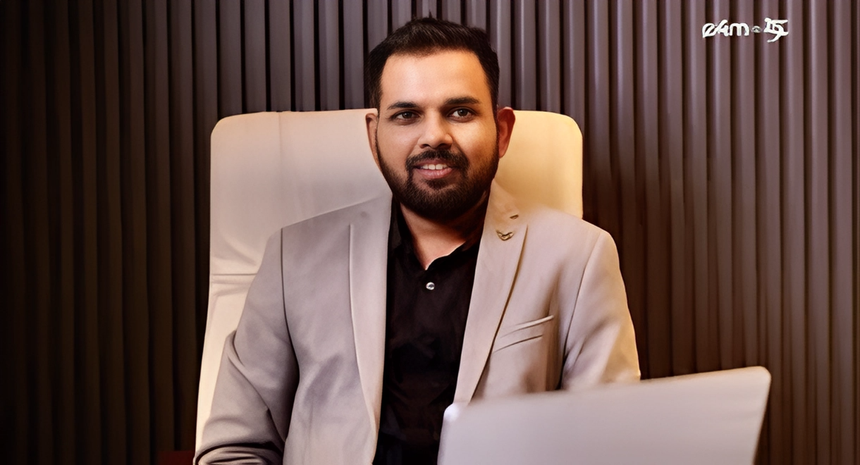The Rise of Arattai in India’s Messaging Space
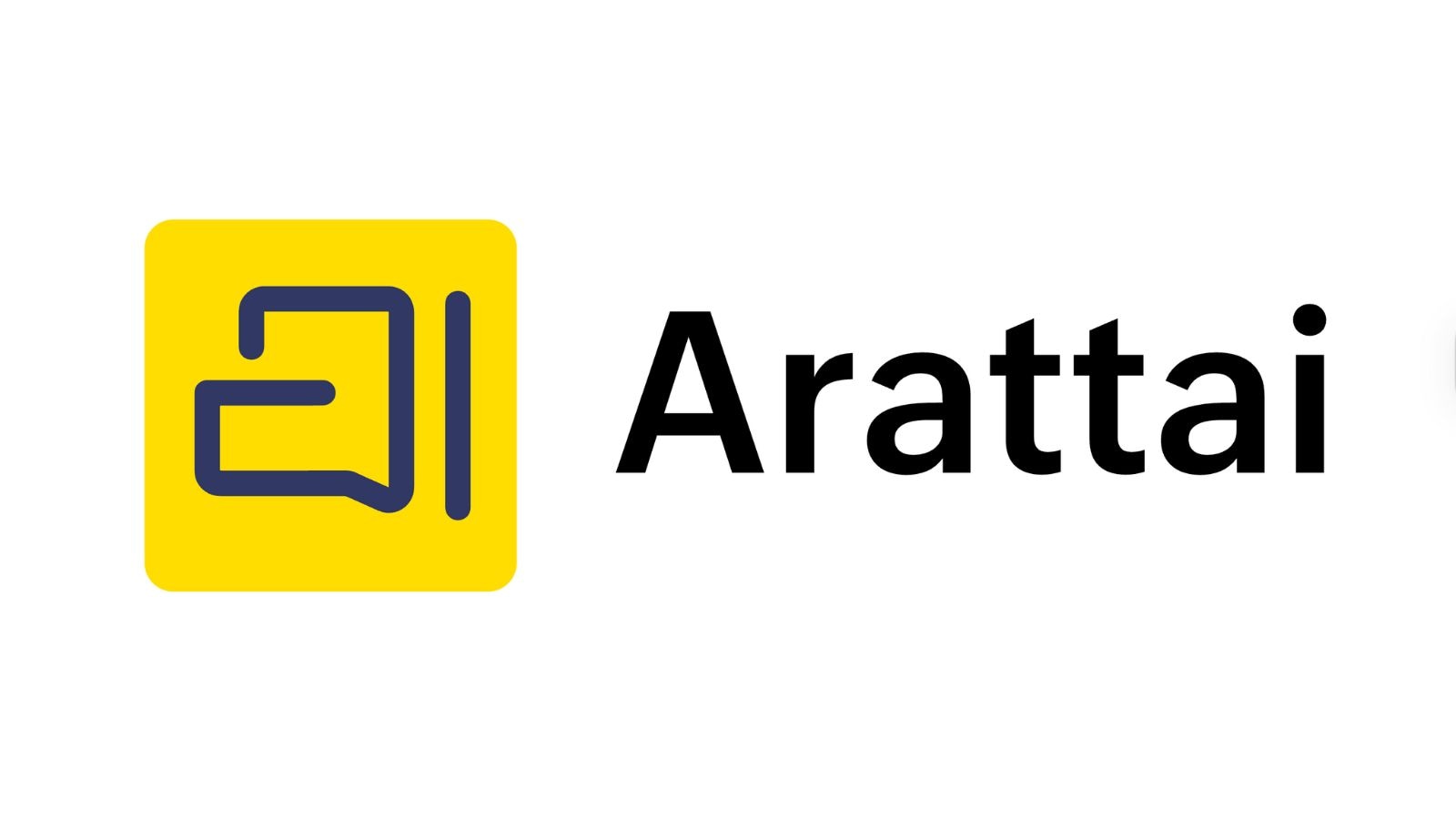
With Zoho officially launching its Arattai messaging app, the competition in India’s instant messaging market has intensified. Arattai, meaning “chat” in Tamil, has been marketed as a made-in-India alternative to WhatsApp, appealing to users who value local innovation and control over their data. Its rapid climb to the top of the Apple App Store charts signals strong initial interest among Indian users who are increasingly curious about switching from global apps to Indian-built platforms.
While WhatsApp has long dominated the global messaging scene, Arattai’s arrival adds a new dimension to India’s digital ecosystem — one where self-reliance and data sovereignty play a bigger role than ever before. But popularity alone is not enough. The real question is whether Arattai can match or surpass WhatsApp in performance, privacy, and user experience.
Performance and Connectivity
Arattai has been built with India’s diverse connectivity landscape in mind. Its lightweight architecture ensures smooth performance on budget smartphones and low-bandwidth networks, a crucial advantage in smaller towns and rural areas where internet speeds can fluctuate. The app is designed to consume less data and work efficiently even in poor network conditions, making it a strong contender for users who prioritize accessibility over advanced design.
WhatsApp, however, still holds a significant advantage in overall stability and ecosystem integration. It runs seamlessly across Android, iOS, and even feature phones, ensuring a consistent experience regardless of device type. For users with mid-range or high-end smartphones, WhatsApp remains the faster and more responsive option, especially when it comes to handling multimedia, voice, and video calls.
Privacy and Security
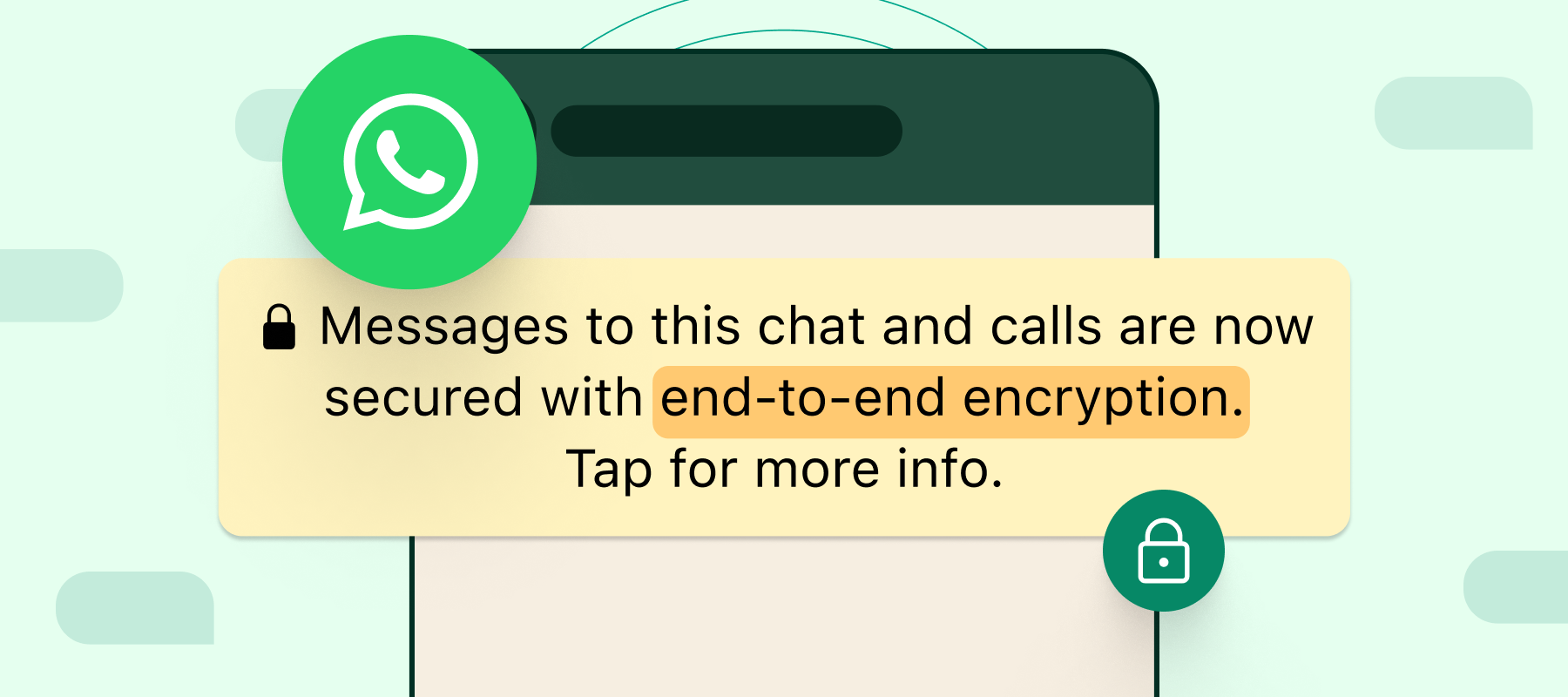
Privacy is the cornerstone of any modern communication app, and it’s here that WhatsApp retains its edge. WhatsApp employs full end-to-end encryption for all messages, calls, and media shared between users. This ensures that no third party, not even WhatsApp itself, can access the contents of a private conversation.
Arattai, on the other hand, takes a slightly different approach. While Zoho has publicly stated that it does not share user data with advertisers or third parties, end-to-end encryption is only applied to voice and video calls — not text messages. This means regular chats are not as secure as those on WhatsApp, leaving a gap that privacy-conscious users are unlikely to overlook.
For many, the absence of end-to-end encryption on all communication channels is a dealbreaker, especially at a time when digital privacy and data security are top concerns across the world.
Features and User Experience
Both WhatsApp and Arattai offer the fundamental tools expected from a modern messaging app — text messaging, voice and video calling, and media sharing. Arattai includes support for up to 1,000 participants in group chats and introduces dedicated Channels, similar to WhatsApp’s broadcast and community features. Its design language feels modern, clean, and intuitive, catering well to first-time users.
WhatsApp, however, continues to expand its feature ecosystem at a much faster pace. Users can now create custom stickers, edit sent messages, schedule calls, and manage communities with up to 1,024 members. Its integration with Meta’s ecosystem also allows businesses to connect directly with customers through WhatsApp Business, offering automation, catalogs, and secure payments — something Arattai is yet to match.
Which One Should You Choose?
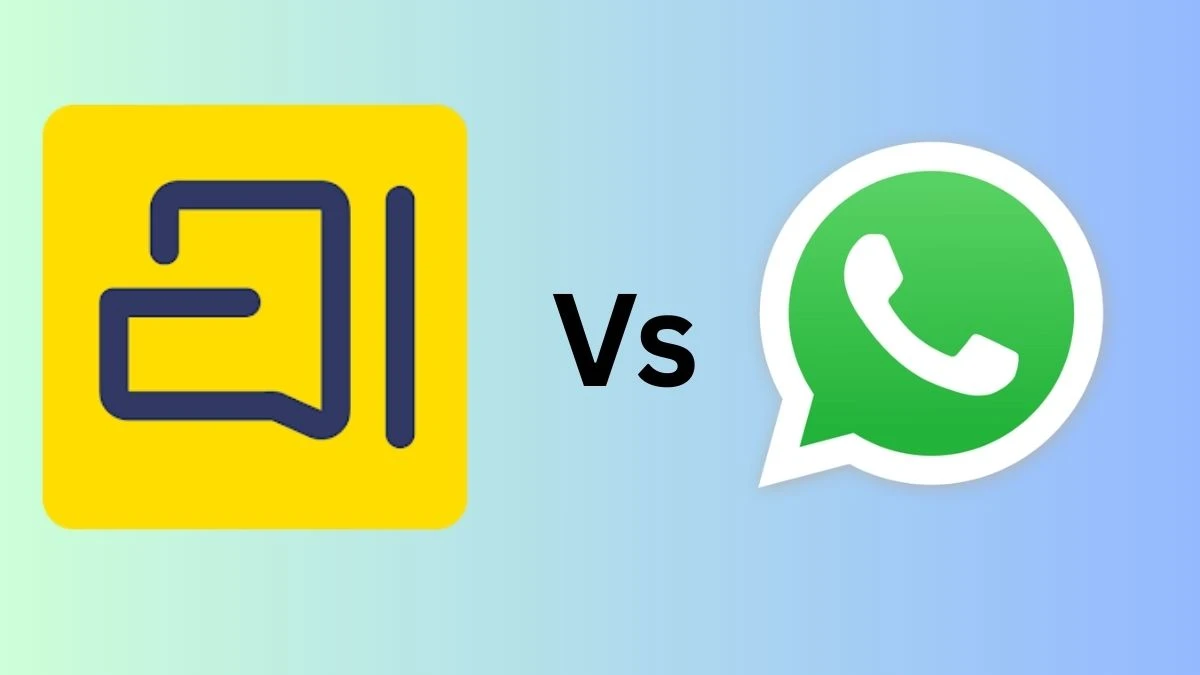
While Arattai brings a refreshing homegrown option to India’s chat app space, WhatsApp’s combination of mature encryption, seamless multi-platform functionality, and global reliability still makes it the stronger choice for most users.
For those who value local innovation and want a lighter, data-efficient app built in India, Arattai is worth exploring. But for users who prioritize advanced privacy protection, larger community features, and a well-established ecosystem, WhatsApp remains the better option.
As Arattai evolves, it will be interesting to see how Zoho integrates user feedback, strengthens encryption, and scales its platform to challenge WhatsApp’s dominance in India and beyond.
For more updates on India’s growing tech landscape, innovations, and app comparisons, follow Tech Moves on Instagram and Facebook — your daily source for everything shaping the future of technology.


